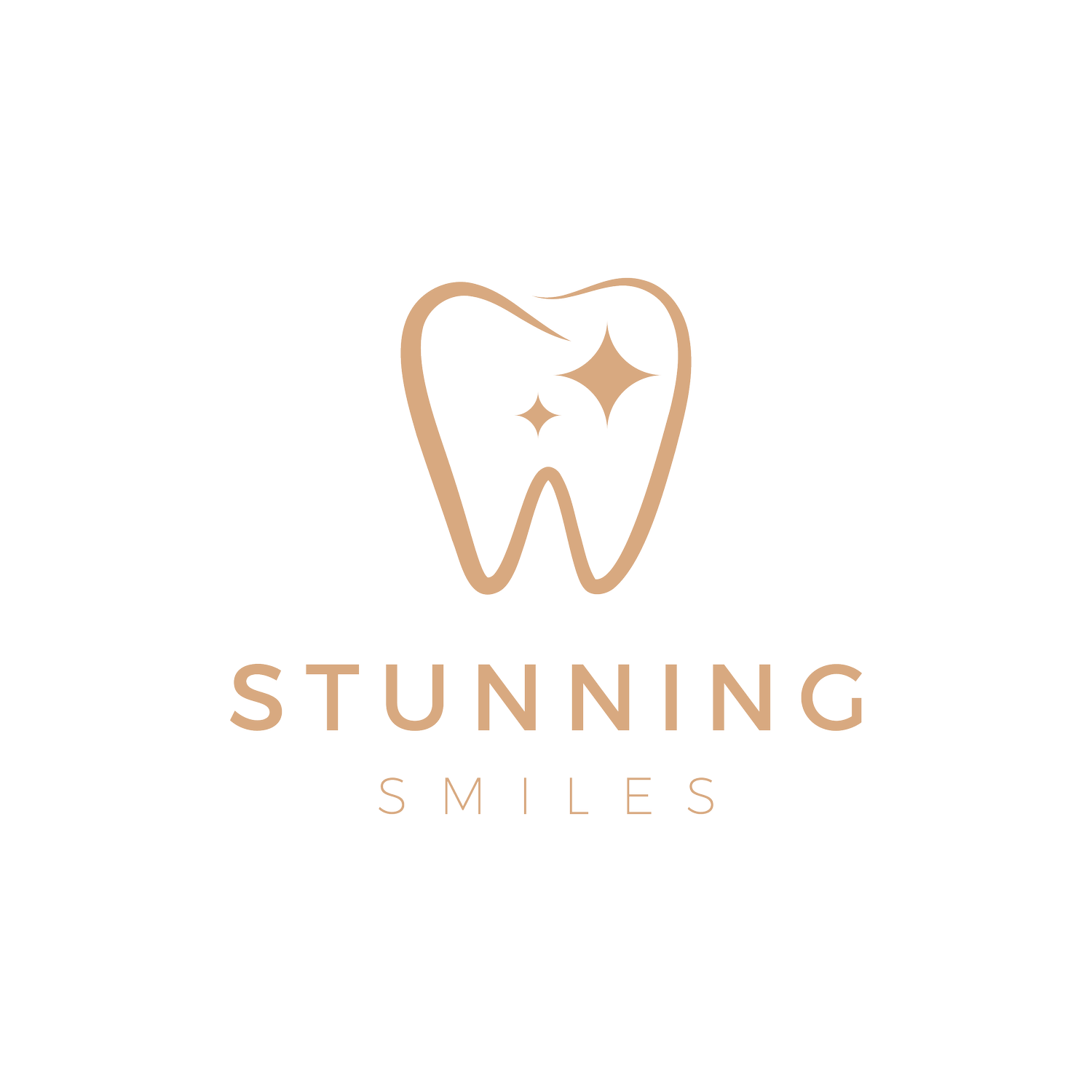
Easter Dental Care: Keep Your Smile Bright While Enjoying Sweet Treats
Easter Dental Care: Keep Your Smile Bright While Enjoying Sweet Treats
Easter is a time for family gatherings, indulgent feasts, and, of course, chocolate! While it's tempting to enjoy all the sweet treats, it’s important to take care of your teeth to maintain a healthy and bright smile. Here’s how you can protect your teeth while celebrating Easter and why it might be the perfect time for a teeth whitening session.

Teeth Whitening & Oral Care During Ramadan: What You Should Know
Teeth Whitening & Oral Care During Ramadan: What You Should Know
Ramadan is a special time of reflection, prayer, and fasting from dawn to dusk. While focusing on spiritual well-being, it's also important to maintain good oral hygiene and fresh breath throughout the month. If you're considering teeth whitening or want to keep your smile fresh while fasting, here’s what you need to know.
1. Can You Get Your Teeth Whitened During Ramadan?
Yes! Teeth whitening is a non-invasive treatment that doesn’t break your fast. Since professional teeth whitening involves the application of whitening gel to your teeth, as long as no substances are swallowed, your fast remains valid. Many clients choose to book their whitening sessions after Iftar for added comfort.

The Truth About Teeth Whitening: What You Need to Know
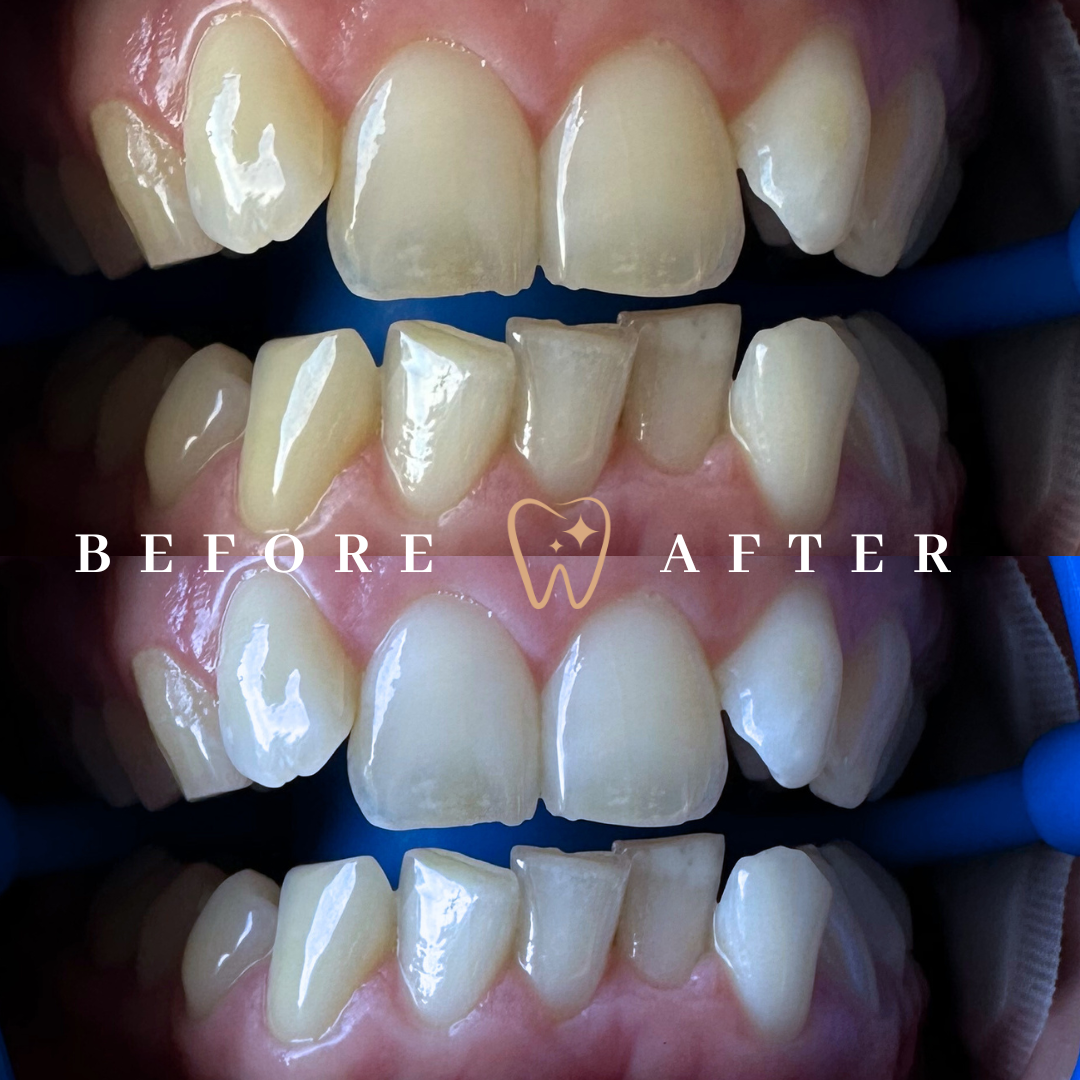
Your Guide to a Brighter Smile: Exploring Teeth Whitening Options
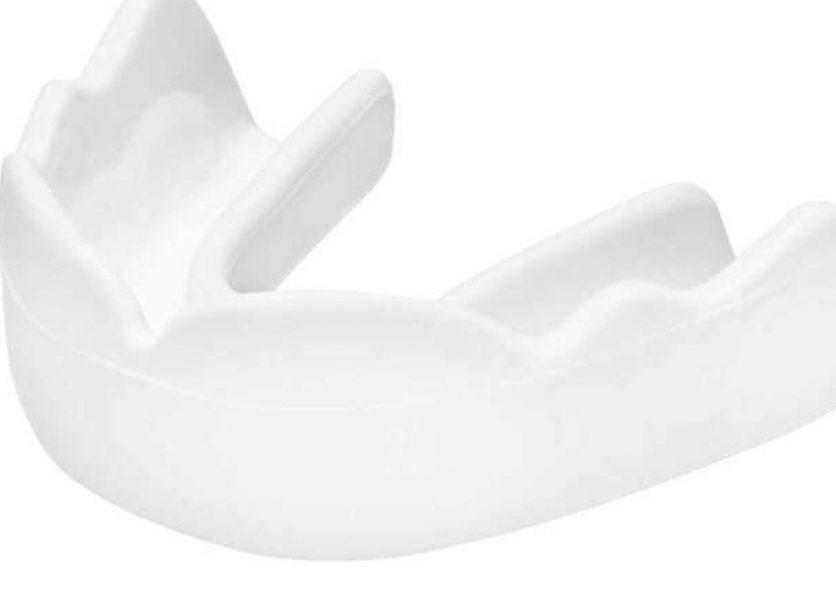
Why your child needs a properly fitted sports mouth guard
Why Your Child Needs a Properly Fitted Sports Mouthguard
If your child plays contact sports like football, basketball, or rugby—or even non-contact sports like skateboarding or gymnastics—a custom-fitted sports mouthguard is essential. As an Oral Health Therapist (OHT), I’ve seen firsthand how important it is to protect young teeth and jaws. In this post, I’ll explain why having a mouthguard professionally fitted can make all the difference in keeping your child’s smile safe.
The Importance of a Sports Mouthguard
A sports mouthguard acts like a cushion, absorbing impact to protect your child’s teeth, gums, and jaw from injury. Without it, even a minor knock could lead to:
• Chipped or broken teeth
• Dislodged teeth
• Soft tissue injuries to the lips, cheeks, or tongue
• Jaw fractures or concussions
While over-the-counter mouthguards are available, they often don’t provide the same level of fit or protection as a custom-fitted guard. Ill-fitting guards can slip, making it difficult to breathe or talk comfortably—and they might not stay in place when they’re really needed.
Why Choose a Custom-Fitted Mouthguard?
Getting a mouthguard professionally fitted offers several advantages:
1. Perfect Fit
Custom mouthguards are moulded to fit your child’s unique dental structure. This ensures the guard stays in place during play and provides maximum comfort.
2. Better Protection
A properly fitted mouthguard absorbs more impact, reducing the risk of injuries to the teeth, jaw, and brain. Studies show that well-fitted mouthguards can even reduce the severity of concussions.
3. Comfort and Performance
Custom guards are easier to talk and breathe with, which helps kids stay focused on the game. They’re also less likely to take the guard out mid-play—a common issue with bulky, store-bought options.
4. Long-Lasting and Durable
A quality custom mouthguard is more durable than off-the-shelf versions, lasting through a full season (or longer) with proper care.
What Happens During a Fitting?
At your child’s appointment, we’ll take a detailed impression of their teeth using a safe, dental-grade material. This ensures the mouthguard fits snugly and securely, providing full protection without being uncomfortable. Once the guard is ready, I’ll check the fit and make any adjustments if needed. Your child can also pick their favourite colour or design, making it a fun and personalised experience!
When Should You Get a New Mouthguard?
Because kids’ teeth and jaws are still developing, they may need a new mouthguard every 12 to 18 months—or sooner if they have braces or their adult teeth start coming in. Regular check-ups will help ensure the fit stays optimal.
Encourage Your Child to Use It Consistently
A mouthguard only works if it’s worn consistently. Encourage your child to use it for all sports activities, including training sessions, not just matches. Keeping the guard in its case and rinsing it after each use will help extend its lifespan.
Keep Your Child’s Smile Safe
As an OHT and mum, I know how much parents want to protect their kids—whether it’s on the field or off. Investing in a custom-fitted sports mouthguard gives you peace of mind, knowing that your child is protected while they’re doing what they love.
If your child needs a sports mouthguard, book a fitting with us today. We’ll make sure it’s comfortable, durable, and ready to take on any game!
Ready to book your child’s mouthguard fitting?
📞 0418 944 921
📍 Locations: Doncaster East, South Yarra, and Templestowe
#SportsMouthguard #ChildDentalCare #OHTQualified #MelbourneOHT #HealthySmile #SportsSafety #MouthguardFitting #TeethProtection #FamilyDentalTips

A Day in the Life of an Oral Health Therapist (OHT) in Melbourne

The Power of a Bright Smile: Why Professional Teeth Whitening is Worth It
The Power of a Bright Smile: Why Professional Teeth Whitening is Worth It
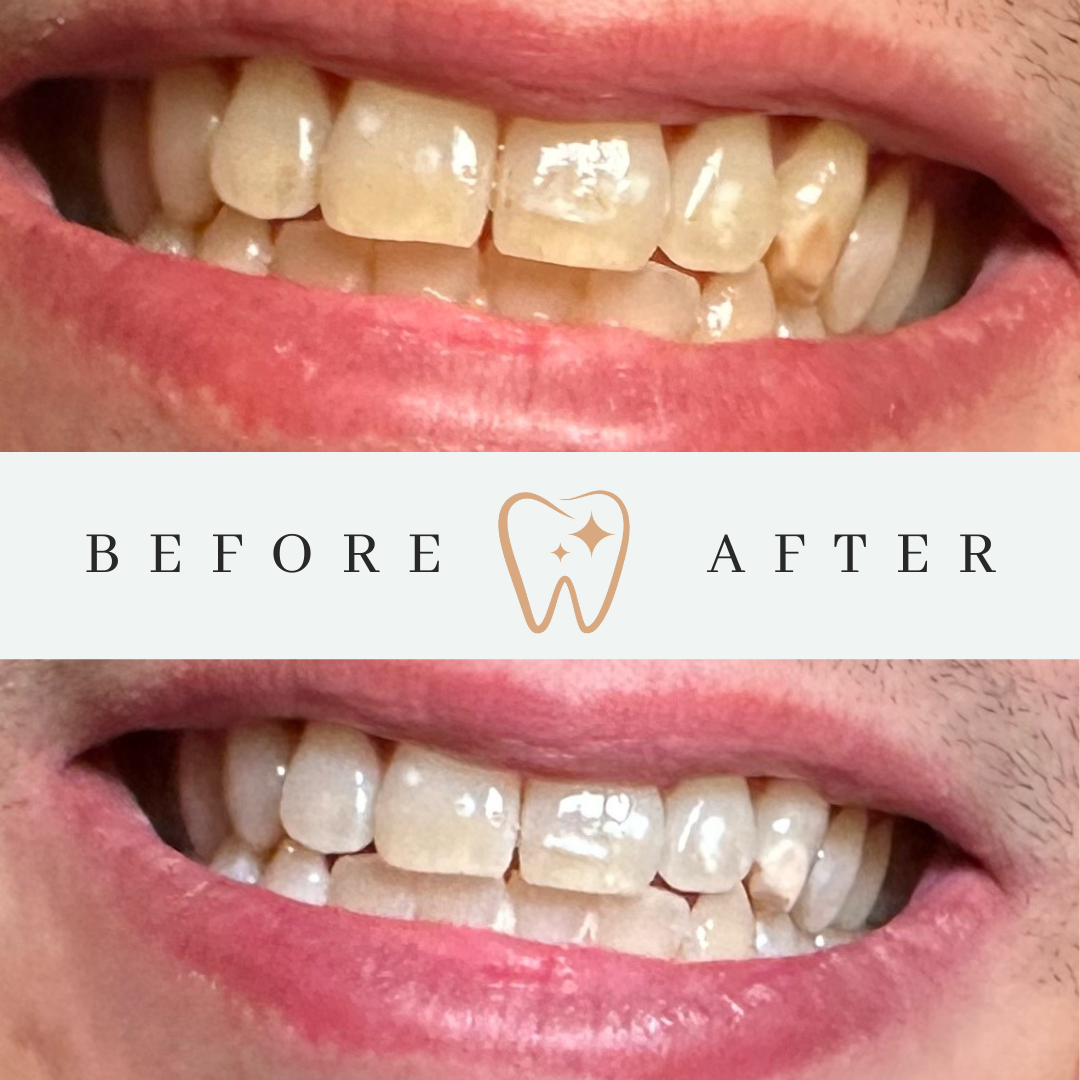
The Dangers of Believing Everything You See Online: The Importance of Trusting AHPRA Registered Practitioners

PAP Whitening vs. Peroxide Whitening: Which Is Right for You?
PAP Whitening vs. Peroxide Whitening: Which Is Right for You?

Cracked Tooth Syndrome: Causes, Symptoms, and Treatment
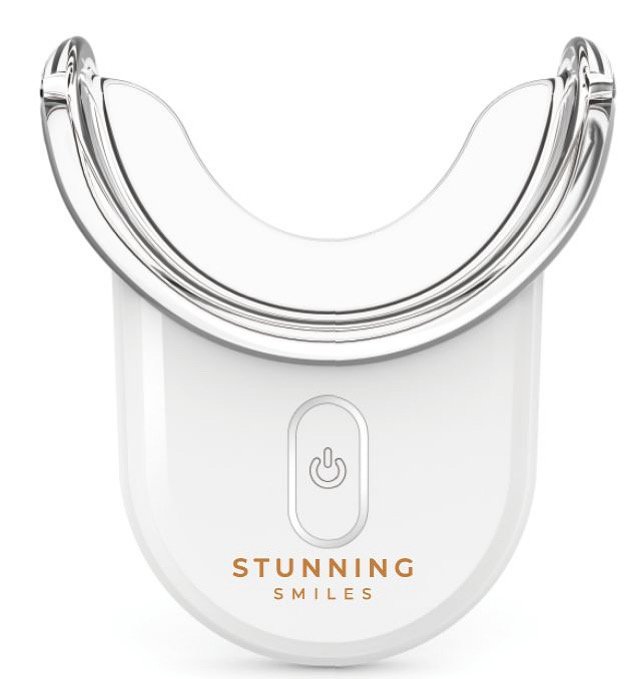
The Ultimate Guide to Teeth Whitening: Achieve Your Brightest Smile with Stunning Smiles
The Ultimate Guide to Teeth Whitening: Achieve Your Brightest Smile with Stunning Smiles

Choosing the right toothpaste for your child is a crucial step in supporting their oral health. By selecting age-appropriate products and encouraging good brushing habits, you set the foundation for a lifetime of healthy smiles. So next time you’re at the store, remember that the right toothpaste isn’t just about a pleasant flavor—it’s a key component of your child’s overall dental care.

Navigating Teeth Whitening Services: Spotting Real Results and Making Informed Choices

Celebrating Dental Health Week 2024: Tips for a Brighter Smile
As we step into 2024, it’s the perfect time to focus on one of the most important aspects of our overall health: our dental hygiene. Dental Health Week, which runs from August 19th to August 25th this year, is an annual observance dedicated to raising awareness about oral health and promoting practices that help us maintain our brightest and healthiest smiles. This year's theme, "Smile Bright, Live Bright," encourages everyone to consider how taking care of our teeth contributes to our overall well-being. Here’s why Dental Health Week is worth celebrating and how you can make the most of it.
Why Dental Health Matters
Oral health goes beyond just having a white smile. Good dental hygiene is crucial for several reasons:
Preventing Cavities and Gum Disease: Regular brushing and flossing help remove plaque, the sticky film of bacteria that can lead to cavities and gum disease. Without proper care, these conditions can progress and lead to more severe health issues.
Maintaining Overall Health: Poor oral hygiene has been linked to various health conditions, including heart disease, diabetes, and respiratory infections. Keeping your mouth healthy can help reduce your risk of these and other systemic health problems.
Boosting Self-Confidence: A clean, healthy smile can significantly enhance your self-esteem and social interactions. Dental Health Week is an opportunity to focus on practices that ensure your smile remains its best.
Tips for a Healthier Smile
This Dental Health Week, why not make a commitment to improve your oral care routine? Here are some practical tips to help you achieve optimal dental health:
Brush Twice a Day: Use fluoride toothpaste and brush your teeth for at least two minutes each time. Don’t forget to brush your tongue as well, as bacteria can accumulate there.
Floss Daily: Flossing helps remove food particles and plaque from between your teeth and under your gumline, areas your toothbrush can’t reach. Make it a habit to floss before bedtime.
Use Mouthwash: An antimicrobial mouthwash can help reduce plaque, prevent gum disease, and freshen your breath. Choose a mouthwash that is ADA-approved for added assurance of its effectiveness.
Stay Hydrated: Drinking water not only helps wash away food particles but also keeps your mouth hydrated. Saliva is a natural defense against cavities and gum disease, so staying hydrated supports its production.
Limit Sugary Snacks and Drinks: Sugar feeds the bacteria that cause tooth decay. Try to limit sugary snacks and beverages, and opt for healthier choices like fruits, vegetables, and whole grains.
Visit Your Dentist Regularly: Regular check-ups and cleanings are essential for maintaining oral health. Your dentist can detect early signs of issues and provide professional cleanings that remove tartar buildup.
Wear a Mouthguard: If you play sports or grind your teeth at night, consider investing in a mouthguard to protect your teeth from injury and wear.
Educational Events and Activities
Dental Health Week is not just about personal care but also about community education. Many dental clinics and health organizations host events to raise awareness and provide valuable information. Look out for:
Free Dental Screenings: Some clinics offer free or discounted dental exams and cleanings during this week.
Workshops and Webinars: Attend educational sessions on topics like nutrition for dental health, advanced oral care techniques, and the link between oral health and overall health.
Social Media Campaigns: Follow dental health organizations on social media for tips, infographics, and interactive content to keep you engaged and informed.
Join the Conversation
Participate in Dental Health Week by sharing your own oral care tips and experiences on social media. Use hashtags like #DentalHealthWeek2024 and #SmileBrightLiveBright to join the broader conversation and inspire others to take charge of their dental health.
As we celebrate Dental Health Week 2024, let’s remember that a healthy smile is a reflection of a healthy lifestyle. By incorporating these practices into your daily routine and participating in community events, you can contribute to your well-being and help spread the message of good oral hygiene. Here’s to a week of bright smiles and healthy habits!

The Truth About Charcoal Toothpaste: Why It Might Not Be Your Best Whitening Choice
The Truth About Charcoal Toothpaste: Why It Might Not Be Your Best Whitening Choice

The Hidden Risks of Oral Piercings: What You Need to Know
**The Hidden Risks of Oral Piercings: What You Need to Know**
Oral piercings have become increasingly popular as a form of self-expression, with many opting for tongue, lip, or cheek piercings to enhance their appearance. While these piercings may seem like a trendy way to accessorize, they come with significant risks, especially when it comes to your oral health. Let's explore the potential dangers associated with oral piercings and why it's crucial to weigh these risks before getting pierced.
**1. Increased Risk of Infection**
One of the most immediate concerns with oral piercings is the heightened risk of infection. The mouth harbors a vast array of bacteria, and piercing the tongue, lips, or cheeks creates an open wound that can easily become infected. Infections can lead to swelling, pain, and in severe cases, abscesses that may require medical intervention.
**2. Damage to Teeth and Gums**
Oral piercings can also cause physical damage to teeth and gums. Constantly playing with or biting down on oral jewelry can result in cracked or chipped teeth. The metal or acrylic balls and studs used in piercings can rub against the gums, causing irritation, recession, and potentially leading to gum disease over time.
**3. Interference with Oral Function**
Tongue piercings, in particular, can interfere with normal oral functions such as speaking, chewing, and swallowing. Swelling and discomfort after getting a tongue piercing can make these everyday activities challenging and may require a period of adjustment. In some cases, excessively large or improperly placed oral jewelry can obstruct the airway, posing a risk of choking.
**4. Oral Health Complications**
Piercings can create a breeding ground for bacteria and make it difficult to maintain proper oral hygiene. Food particles and plaque can easily accumulate around oral jewelry, increasing the risk of tooth decay and gum disease. Additionally, piercings can cause chronic irritation to the soft tissues of the mouth, leading to chronic inflammation and discomfort.
**5. Potential Allergic Reactions**
Some individuals may experience allergic reactions to the metals used in oral jewelry, such as nickel or cobalt. Allergic reactions can manifest as swelling, itching, or redness around the piercing site and may require removal of the jewelry to alleviate symptoms.
**6. Long-term Health Concerns**
While the immediate risks of oral piercings are concerning, there are also potential long-term health implications to consider. Chronic inflammation and irritation from oral piercings can contribute to the development of oral cancers or other serious oral health conditions over time.
**Conclusion**
While oral piercings may be a popular fashion statement, it's important to understand and weigh the potential risks they pose to your oral health. Before deciding to get an oral piercing, carefully consider the implications discussed above and consult with a reputable piercing professional and your dentist. If you already have oral piercings, diligent oral hygiene practices and regular dental check-ups are essential to minimize the risks and maintain your oral health. Remember, making informed decisions about your body and health is always in style.
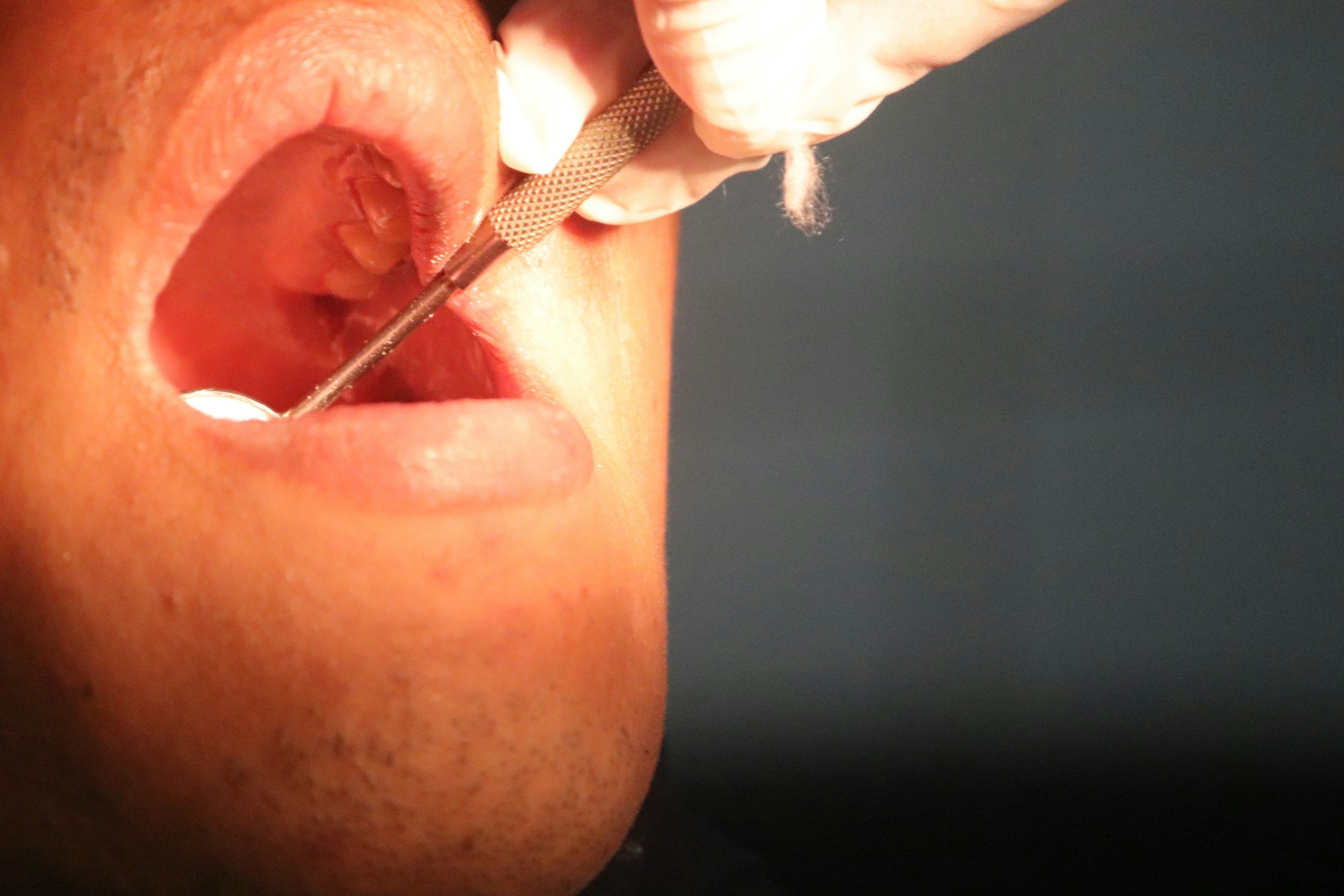
The Surprising Link Between Oral Health and Sexual Health
Gum Disease and Its Implications
Research suggests that gum disease, such as gingivitis and periodontitis, may be linked to certain sexual health issues. The bacteria responsible for gum disease can enter the bloodstream through inflamed gums. Once in the bloodstream, these bacteria can travel to other parts of the body, potentially contributing to inflammation and infection in the genital area. For instance, in men, gum disease has been associated with erectile dysfunction (ED). While the exact mechanisms are still being studied, the correlation underscores the importance of oral health in overall bodily health.
Oral Health and Sexual Intimacy
Beyond the physiological connections, there are practical considerations for oral health and sexual intimacy. Poor oral hygiene can lead to bad breath, which can be a turn-off and impact your confidence during intimate moments. Additionally, the transmission of oral infections through kissing or oral sex is a real concern. Sexually transmitted infections (STIs) such as herpes, gonorrhoea, and HPV can be transmitted through oral contact, highlighting the need for both partners to maintain good oral hygiene and communicate openly about their health.

The Connection Between Hormones and Oral Health: What You Need to Know
hormones and oral health

Protecting Your Smile: The Importance of Sports Mouthguards and Why Custom Fit Matters
sports mouthguards to protect your smile
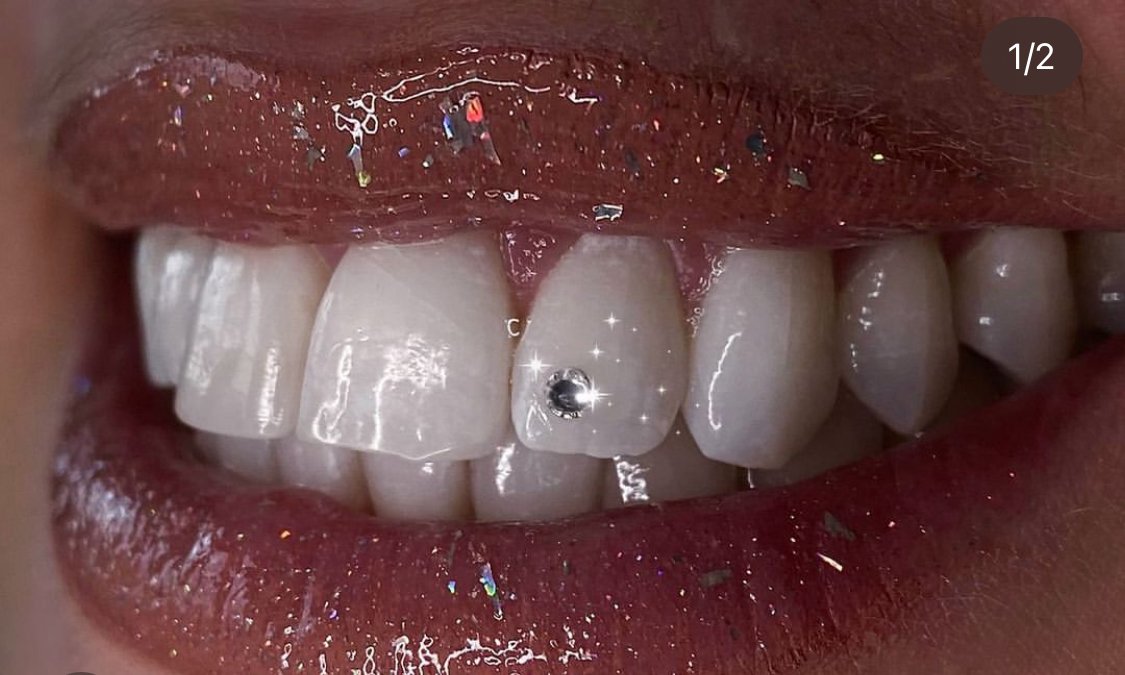
Whitening Before Major Dental Work: Veneers and Resin Bonding
Whitening Before Major Dental Work: Veneers and Resin Bonding
